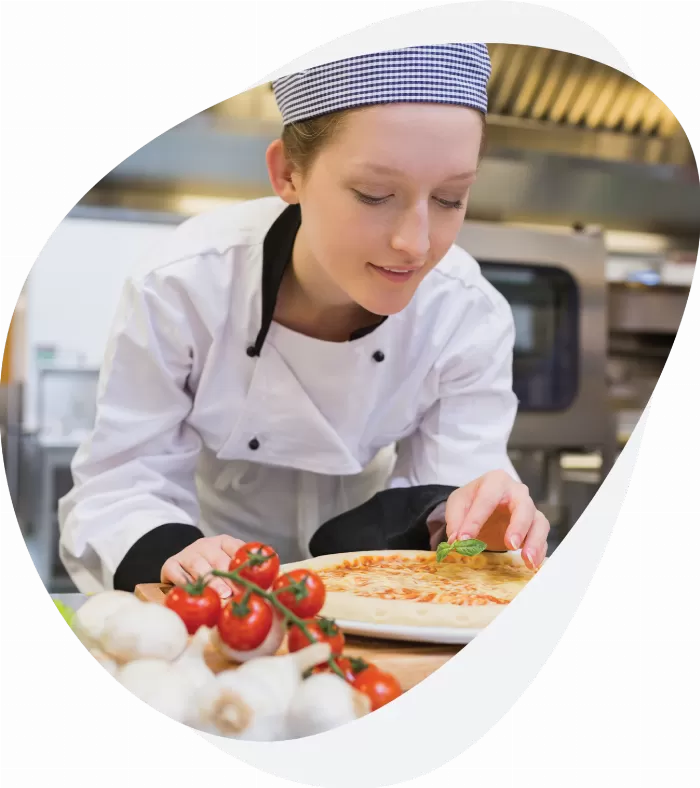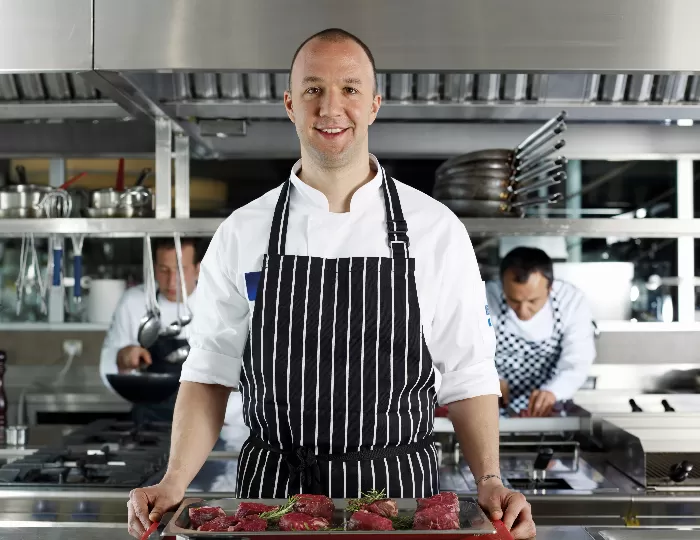Catering Apprenticeships
The hospitality and catering sector employs over 3.2 million people in the UK, making it one of the largest employers in the country.
Essential to a wide range of establishments, including restaurants, cafes, hotels, and pubs, while also covering contract and event catering, completing a catering course allows you to work across a wide spectrum of arenas, including leisure, business, travel, and events.
With a diverse workforce, the catering industry provides employment opportunities to people of different ages, backgrounds, and skill levels, making it an extremely innovative and creative sector.
By completing an apprenticeship, you can gain hands-on experience in real-world hospitality and catering settings, allowing you to apply your knowledge and skills in a practical context. A catering course will also provide comprehensive training and education in the specific skills and knowledge needed for the industry, including food preparation and handling, customer service, event planning, and health and safety regulations.
Explore our hospitality and catering apprenticeships below:

Production Chef Level 2

Senior Production Chef Level 3
Our advanced catering level 3 apprenticeship is a 15-month placement delivered via blended learning with one-to-one support.
A catering course can provide a valuable route to a worthwhile and exciting career in the hospitality and catering industry. Find out more about our current apprenticeship vacancies.
We also offer many other courses, including apprenticeships in care, childcare & education, leadership management, and professional services. Our Scottish apprenticeships are also focused on social services, children and young people too.
About Busy Bees Education and Training
As an award-winning apprenticeship provider, we deliver over 70 apprenticeships, accredited courses and CPD programmes and first aid training.
Career Pathways
Imagine the endless possibilities that await you with a career in Early Years! We're a thriving company that believes in nurturing our own talent and promoting from within. From a host of unique roles to abundant chances for career advancement, there's so much in store for you.
With Busy Bees, your career path is like a sky full of opportunities just waiting for you to explore. Feel free to dive in and see where your journey can take you!

